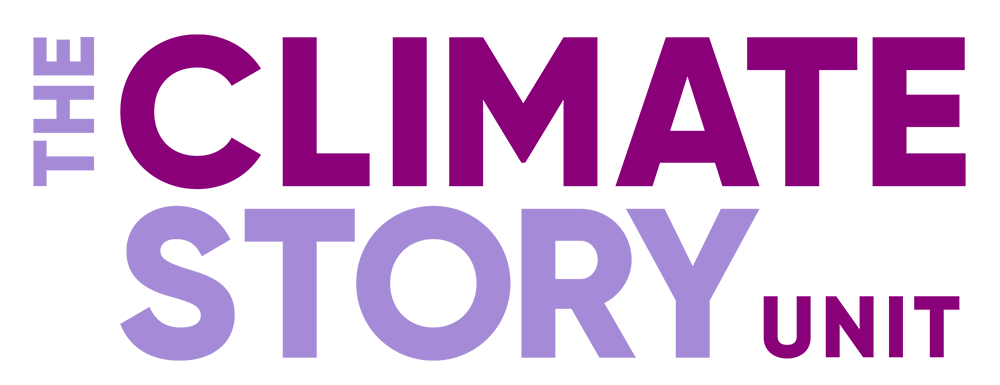Director
Violeta Ayala
Doc Society Support
Production support
Went to Good Pitch
Film Details
Format: Short film
From inside one of Bolivia’s notorious prisons, a cocaine worker, a drug mule, and his little sister reveal the country's relationship with cocaine. COCAINE PRISON puts into perspective the War on Drugs and the lives of the ‘disposable’ people and questions the effort to incarcerate cocaine workers while banks worldwide have unfettered potential to launder billions of cocaine dollars every year.
Long Synopsis:
Bolivia's relationship with cocaine is not like the rest of Latin America where the 'business' is controlled by violence. For Bolivians, cocaine is just another commodity produced for export and traded in a consumer-driven global market.
Over the past forty years Boliviaʼs economy has grown dependent on the global demand for cocaine. The War on Drugs has brought violence to Latin America, but itʼs also created opportunity, freeing thousands from poverty in Bolivia where the price for coca-leaf has only increased since this war began.
In 1988, the U.S. in their War on Drugs coerced Bolivia to enact Law 1008, effectively redefining trafficking to mean, “to produce, possess, keep, store, transport, deliver, administer or give as a gift.” Half of Bolivia could have been classified traffickers but mostly the ʻlittle fishʼ ended up in prison within a corrupt and bureaucratic justice system, to a point where 70% of inmates in Bolivian jails havenʼt had a trial.
Set in Bolivia, COCAINE PRISON is a story driven, feature length documentary told from the point of view of people who make and transport cocaine. Bolivia is the third largest cocaine producer in the world, where approximately third of the workforce is employed in the cocaine industry.
Shot over three years, the film begins inside San Sebastian Prison, an overcrowded citadel with an open economy operating within its walls; a microcosm of Bolivia. The story follows three interlinked lives: Mario, a cocaine worker fighting for freedom; Hernan, a drug mule who wants to be a drug-boss; and his younger sister Daisy, who struggles to escape the lure to traffic cocaine. In a country where “the trade” isn’t ruled by violence and the anti-drug czar is caught trafficking cocaine, the three characters dispel the gun-totting ‘Narco’ myth, revealing the complex truth behind the War on Drugs.
Marioʼs story centers on his fight for a trial to reveal his boss identity; Daisyʼs on her struggle to free her brother Hernan as she decides between smuggling cocaine to Argentina or becoming the first person in her village to go to university. By the end of the film Hernan recovers his freedom thanks to a presidential pardon issued by Evo Morales.
Mario and Hernan film their daily lives inside the jail, giving us a real insight into the story.
COCAINE PRISON is a reflective tale about cocaine. Without glorifying the cocaine business the film will engage the audience to understand Bolivia; as Hernan's 6 year-old brother says, “coca is money, coca is survival.”
Supported by: IDFA Bertha Fund, Tribeca Film Institute, Fonds Sud Cinema France, Strasburg Film Fund, Norwegian Film Institute, Screen Australia and Screen NSW. Developed at the Berlinale Talent Campus 2010 / Selected to pitch at Sheffield Meetmarket and IDFA Forum 2010 / One of 8 projects selected for the Film Independent Lab 2012. Selected for Good Pitch NY 2013 where the film was awarded the Bertha Britdoc Journalism Fund.
Good Pitch Events
- New York 2013
Awards & Festivals
Festival Screenings
Reviews
Pretty incredible when it's just following a harrowing yet surprisingly upbeat character drama.
It personalizes the problem without forgetting the context.
Cocaine Prison speaks documentary truth to power as sharply as any work of investigative journalism. That's quite the cinematic rush; who needs actual drugs?
By the end, there is a glimmer of hope that situations like Hernan's will be rectified. But there's no letting up on the failed drug war.
The doc feels loosely edited, unfocused, and a bit boring, with unidentified voiceovers to further confuse things.
[We] relate with Hernan and Mario's struggles beyond the faceless notion of crime to understand the people who suffer most are those manipulated by power, wealth, and fear.
The footage the two men take resembles a scrappy journal, like diaries scribbled down on toilet paper. Raw, intimate and sad.
Gallery









